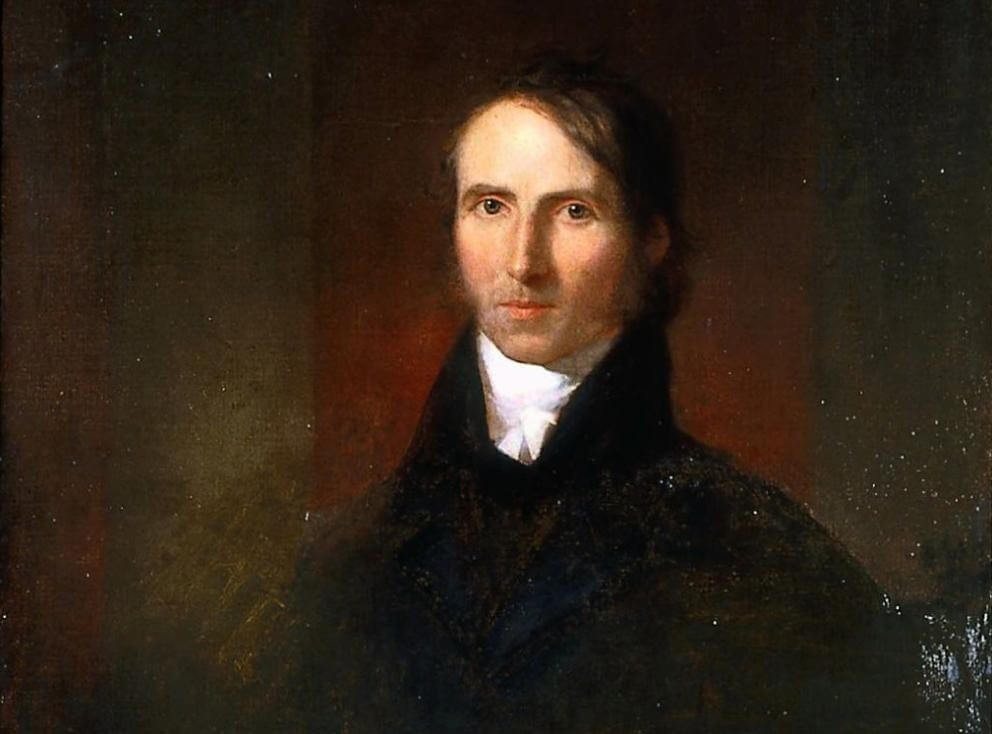As according to William Ellery Channing takes center stage, this opening passage beckons readers into a world crafted with scholarly authority, ensuring a reading experience that is both absorbing and distinctly original.
Channing, a prominent Unitarian minister and social reformer, left an indelible mark on American thought and society. His unwavering belief in the inherent goodness of humanity, the importance of individual conscience, and the pursuit of social justice shaped his influential writings and activism.
William Ellery Channing’s Biography

William Ellery Channing (1780-1842) was an influential American Unitarian minister, theologian, and social reformer. Born in Newport, Rhode Island, he graduated from Harvard College and studied theology at Harvard Divinity School. Channing became a pastor in Boston in 1803 and quickly gained prominence for his eloquent sermons and progressive views.
Key Events and Accomplishments
- 1803: Ordained as pastor of the Federal Street Church in Boston.
- 1819: Published his influential sermon “Unitarian Christianity,” which Artikeld his belief in the inherent goodness of humanity and the importance of individual conscience.
- 1825: Founded the American Unitarian Association, which became the national organization for Unitarian churches in the United States.
- 1830s: Became a prominent advocate for the abolition of slavery and social justice.
- 1842: Died in Boston, Massachusetts, at the age of 62.
Role in the Unitarian Movement
Channing played a pivotal role in shaping the development of American Unitarianism. He rejected the Calvinist doctrines of original sin and predestination, emphasizing instead the inherent goodness of humanity and the importance of reason and conscience. Channing’s ideas resonated with many New Englanders, and he became one of the leading figures of the Unitarian movement.
Channing’s Key Beliefs and Principles
Belief in the Inherent Goodness of Humanity
Channing believed that all human beings are inherently good and capable of moral growth. He rejected the Calvinist doctrine of original sin, arguing that humans are born with a natural capacity for love, compassion, and reason.
Importance of Individual Conscience
Channing emphasized the importance of individual conscience as the ultimate guide for moral conduct. He believed that each person has a duty to follow their own conscience, even if it differs from the prevailing social norms.
Advocacy for Social Justice and Equality
Channing was a passionate advocate for social justice and equality. He condemned slavery and racism, and he worked to promote the rights of women and the poor. Channing believed that all people should have equal opportunities to develop their full potential.
Channing’s Literary Contributions

| Work | Key Themes and Arguments |
|---|---|
| Unitarian Christianity (1819) | Artikels Channing’s belief in the inherent goodness of humanity and the importance of individual conscience. |
| Sermon on War (1816) | Condemns war as a moral evil and advocates for peace and nonviolence. |
| The Duty of the Free States (1835) | Calls for the abolition of slavery and argues for the equal rights of all Americans. |
Impact on American Thought and Society
Channing’s writings had a profound impact on American thought and society. His ideas helped to shape the development of Unitarianism and other liberal religious movements. Channing’s advocacy for social justice and equality also inspired many social reformers and activists.
Channing’s Influence on American Unitarianism: According To William Ellery Channing

Role in Shaping Unitarian Beliefs and Practices
Channing’s ideas had a major influence on the development of Unitarian beliefs and practices. He rejected the Calvinist doctrines of original sin and predestination, and he emphasized the importance of reason, conscience, and social justice. Channing’s ideas helped to define the Unitarian movement as a liberal and progressive religious tradition.
Impact on the Broader Religious Landscape
Channing’s influence extended beyond the Unitarian movement. His ideas about the inherent goodness of humanity and the importance of individual conscience resonated with many Americans, regardless of their religious affiliation. Channing’s writings helped to promote a more tolerant and inclusive religious climate in the United States.
Channing’s Legacy and Impact

Lasting Influence on American Society
William Ellery Channing’s legacy continues to influence American society today. His ideas about the inherent goodness of humanity, the importance of individual conscience, and the need for social justice have inspired generations of activists and reformers. Channing’s writings remain a source of inspiration for those who seek to create a more just and equitable world.
Contributions to the Abolitionist Movement and Social Reform
Channing was a passionate advocate for the abolition of slavery and social justice. His writings and sermons helped to mobilize the abolitionist movement and to promote the rights of women and the poor. Channing’s legacy as a social reformer continues to inspire activists today.
Role in Promoting Intellectual and Religious Freedom, According to william ellery channing
Channing was a strong advocate for intellectual and religious freedom. He believed that all people should have the right to think and believe for themselves, free from the constraints of dogma and tradition. Channing’s writings helped to promote a climate of free inquiry and intellectual freedom in the United States.
FAQ Section
Who was William Ellery Channing?
William Ellery Channing was a prominent Unitarian minister, theologian, and social reformer in the United States during the 19th century.
What were Channing’s key beliefs?
Channing believed in the inherent goodness of humanity, the importance of individual conscience, and the pursuit of social justice.
How did Channing influence American Unitarianism?
Channing played a pivotal role in shaping the development of American Unitarianism, emphasizing the importance of reason, tolerance, and individual spiritual experience.